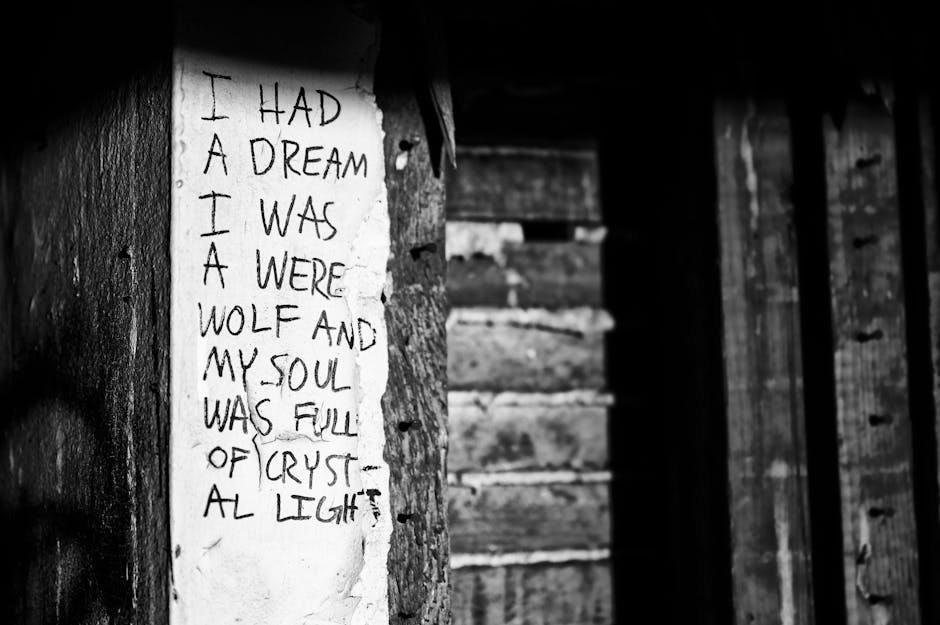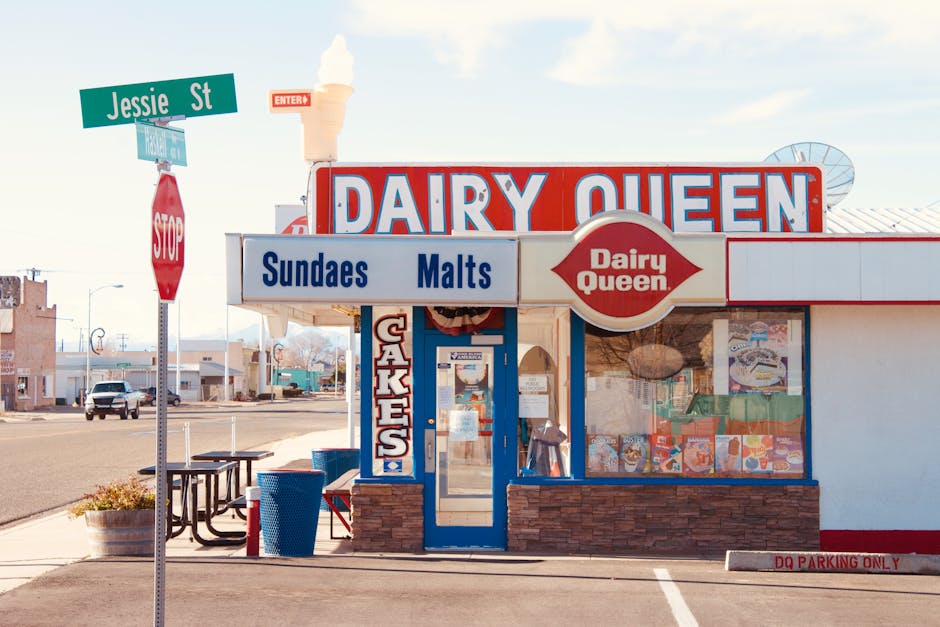It feels like the world’s been turned upside down lately, doesn’t it? The old rules for running a company just don’t seem to fit anymore.
For ages the main goal was simple: make as much money as possible. That was it.
But something’s changed. People are starting to ask for more. A lot more.
We’re heading into 2025, and the idea of a “good” business has totally shifted. It’s not just about profit now.
It’s about being a virtuous business. And that’s a whole different ballgame. It’s a thing that is considered to be more important now.
What Exactly is a Virtuous Business in 2025?
So what are we talking about here? It’s not about just writing a check to a charity once a year and calling it a day.
That’s old news. A truly virtuous business has goodness baked right into its DNA. It’s in everything it does.
It thinks about its effect on everyone. Not just the people with stock options.
This means caring about its employees, its customers, the community it’s in, and yeah, the planet we all live on.
It’s a business that tries to leave the world a little better than it found it. Which sounds kind of cheesy but it’s what people want.
Customers want it employees demand it. They’ll vote with their wallets and their résumés.
This isn’t just some feel-good trend. It’s a real switch in how we think about the whole point of a company existing in the first place.
The Big Switch: From Shareholders to All the Stakeholders
The old way of thinking had a name. Shareholder capitalism. A real mouthful, I know.
Basically it meant the company’s one and only job was to make the shareholders rich. That’s who they answered to.
Everyone else was just a part of the machine to make that happen. The employees, the suppliers, the local town.
But that model is starting to show its cracks. A lot of them. We’ve seen where that gets us.
Now the idea of stakeholder capitalism is getting popular. It’s a much wider view.
A stakeholder is anyone who is affected by the company’s actions. It’s a much bigger group of people.
Your employees are stakeholders. They rely on you for their livelihood and a safe place to work.
Your customers are stakeholders. They trust you to sell them a good product that doesn’t mess up their lives.
Your suppliers are stakeholders. They need you to be a fair and reliable partner.
And the community and the environment, they’re stakeholders too. The biggest ones maybe. This is a change that many are talking about.
A virtuous business understands this. It tries to create good outcomes for all these groups, not just line the pockets of one.
Seeing it in the Wild: How Companies are Actually Doing This
Talk is cheap, right? So let’s look at some real-world stuff. Some companies are actually walking the walk, not just talking a good game.
Patagonia and its Planet-First Attitude
You can’t talk about this subject without mentioning Patagonia. They’ve been at it for decades.
They famously took out an ad that said “Don’t Buy This Jacket.” They wanted people to think about consumption.
They give a percentage of their sales to environmental causes. That’s a huge commitment.
And then they did the biggest thing of all. The founder gave the whole company away.
He basically made Earth the only shareholder. So now all the profits go to fighting climate change. That’s pretty wild.
The Rise of the B Corp
You might be seeing a little circled “B” on some products now. That means it’s a B Corp.
This isn’t just a marketing gimmick. It’s a real certification. Like getting a Fair Trade sticker for your coffee but for the whole company.
To become a B Corp a company has to go through a tough review. They look at everything.
How you treat your workers, your community impact, your environmental footprint. All of it.
It legally binds the company to consider its impact on all stakeholders. It’s a way of being held accountable.
Companies like Ben & Jerry’s and Allbirds are B Corps. They’ve built it into their business model.
It’s Not Just for the Big Guys
This whole thing isn’t just for giant corporations with millions to spend on this stuff.
Think about the local coffee shop that sources its beans directly from a small farm and pays them a fair wage. That’s a virtuous business.
Or the small tech company that gives its employees paid time off to volunteer for a cause they care about. That’s it too.
It’s about making conscious choices. Choices that look beyond the next quarter’s earnings report. It is these choices that define them.
So How Can a Business Start This Journey? (Without Messing Everything Up)
Okay, this all sounds great. But it can also feel huge and kind of scary. Where do you even begin?
You don’t have to give the whole company away tomorrow. It’s about taking steps. Small ones at first.
Just Look Around: Start by just looking at what you’re already doing. Where does your trash go? Where do you buy your office supplies? Small things can show you a lot.
Talk to Your People: Ask your employees what they care about. You’ll probably be surprised. They have good ideas and want to be part of something they believe in.
Be Honest When You Stumble: Transparency is a big deal. You’re going to mess up. Don’t hide it. Talk about it. Explain what you learned and how you’ll do better. People respect that more than fake perfection.
Think About Your Supply Chain: This is a big one. Look at where your materials come from. Are the people making your stuff being treated well? It’s complicated but it’s really important.
Redefine Your “Win”: Maybe success isn’t just about hitting a revenue target. Maybe it’s also about reducing your waste by 10% or getting a thank you note from a local charity you helped.
It’s a process. It’s about getting a little bit better all the time. The goal is progress, not being perfect on day one.
—
Frequently Asked Questions About Virtuous Business
1. Is being a virtuous business just for big, rich companies?
Nope, not at all. Any business, any size, can make choices that are better for people and the planet. A local bakery can be just as virtuous as a global brand, maybe even more so.
2. Does this mean I have to make less money?
Not necessarily. In fact, a lot of the time it’s the opposite. Customers are more loyal to brands they believe in. Employees work harder for companies they respect. It can be a massive competitive advantage.
3. How can I tell if a company is faking it?
This is called “greenwashing.” Look for actions, not just words. Do they have specific data to back up their claims? Or is it just vague language on their website? Real commitment shows up in reports, certifications, and long-term actions.
4. What’s the very first, smallest step a business owner can take?
A super simple one is to just ask your team: “What’s one thing we could do to be a better company for our community?” The conversation itself is a huge step. Or you could switch to a local supplier for something you buy regularly.
—
The world is changing and business has to change with it. Being virtuous isn’t a sideline activity anymore.
It’s becoming the main event. It’s what the best businesses of 2025 and beyond will be built on. A foundation of purpose and respect.
Key Takeaways
The definition of a “good business” has moved beyond just making a profit. It’s about positive impact.
The focus is shifting from only serving shareholders to serving all stakeholders: employees, customers, community, and the environment.
Real-world examples like Patagonia and B Corps show that this is a practical and successful business model.
Any business can start by taking small, deliberate steps, like listening to employees and being transparent about its operations.
Being a virtuous business is not a sacrifice; it’s a smart strategy for long-term health and connection in the modern world.












Leave a Reply